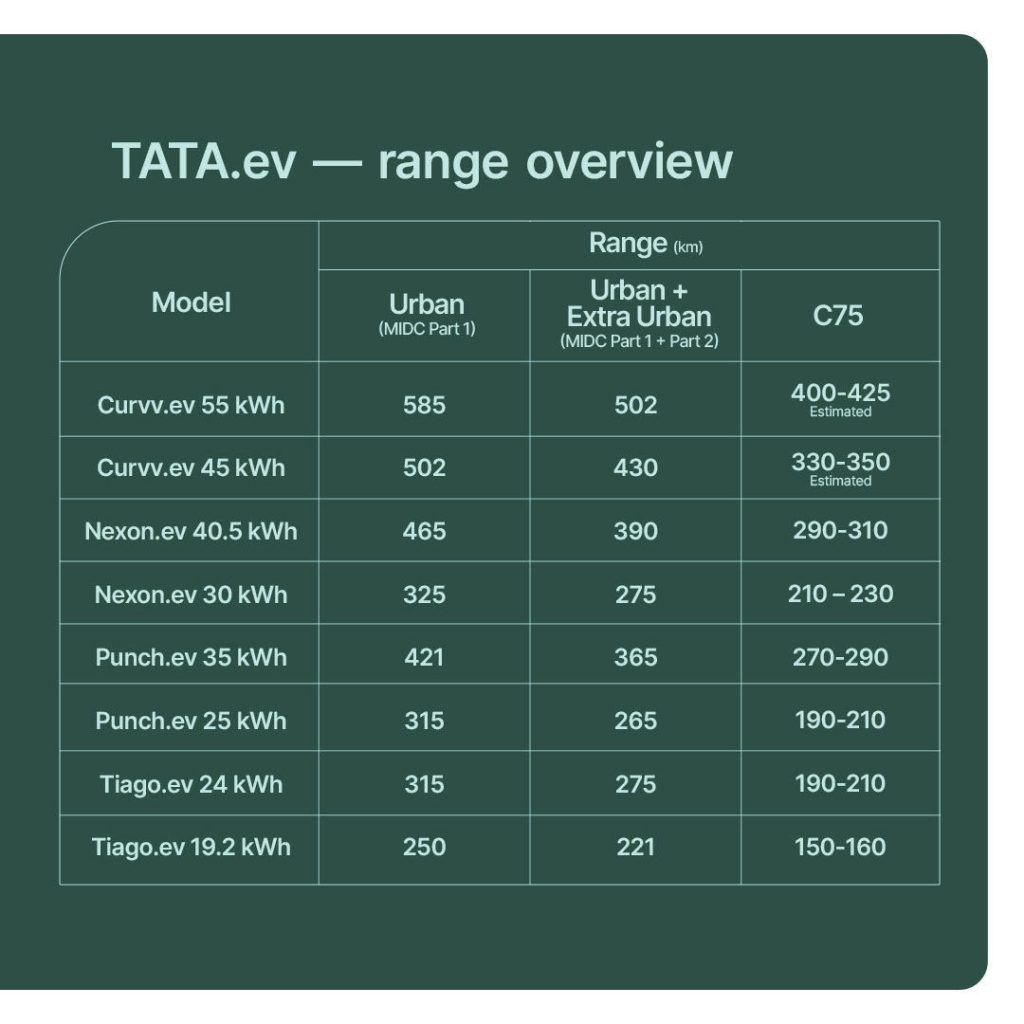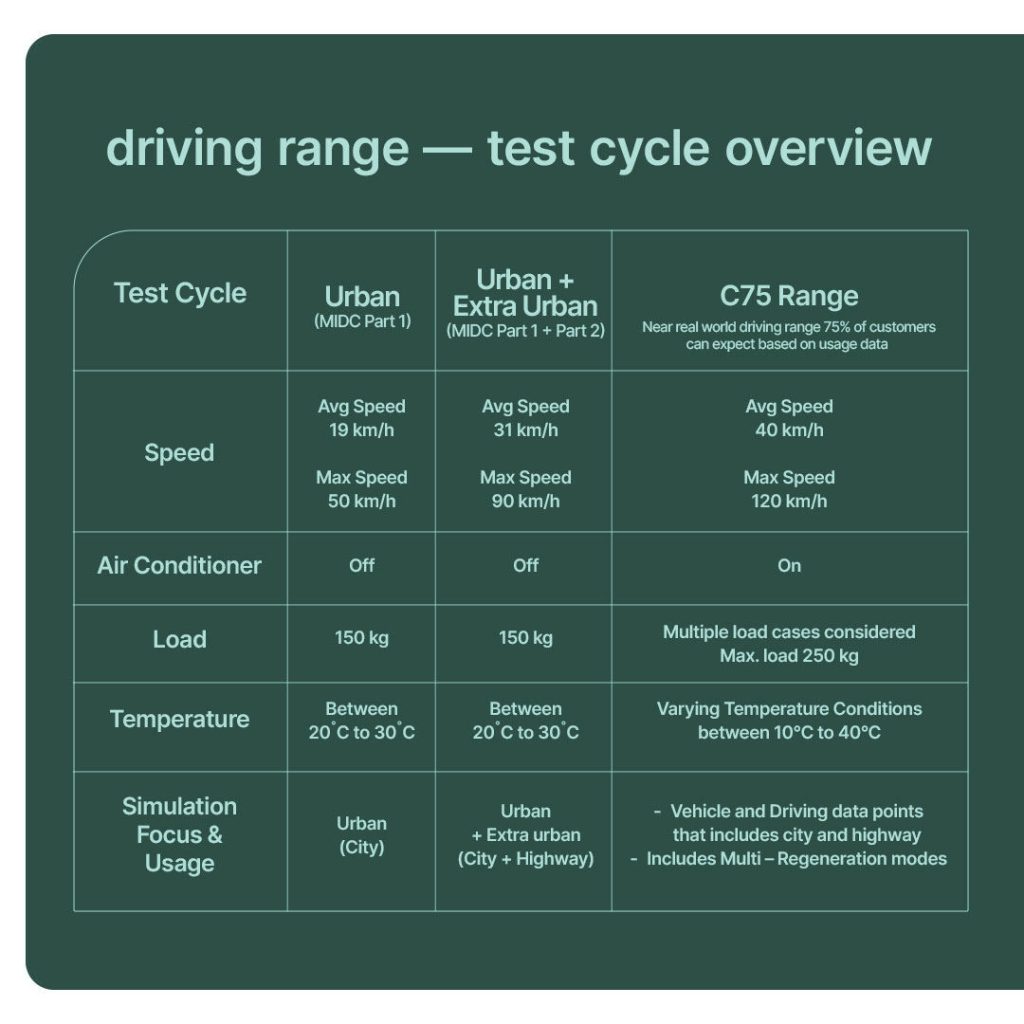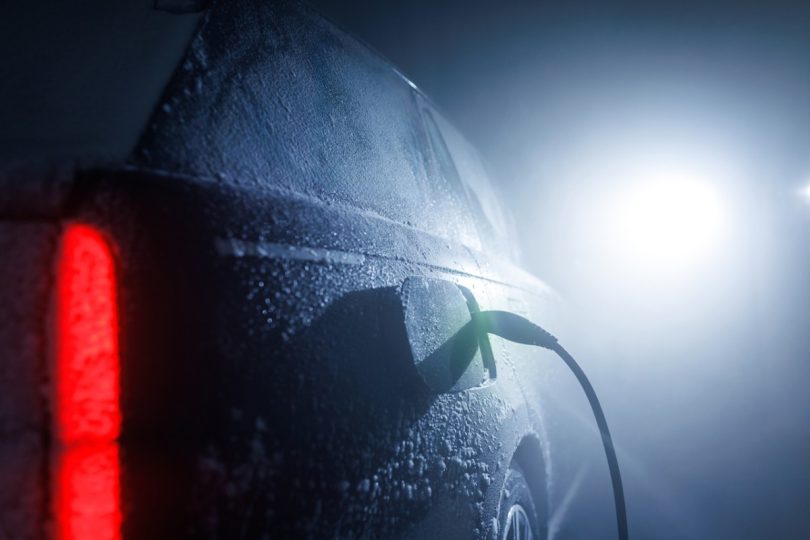In a significant push towards greater transparency in the electric vehicle (EV) market, the Indian government has introduced a new regulation requiring all EV manufacturers to publicly declare the driving range of their vehicles. This mandate has been issued by the Ministry of Road Transport and Highways (MoRTH). The mandate insists that the range be tested and certified under the Modified Indian Driving Cycle (MIDC) however, now encompassing both urban and extra-urban driving conditions.
New Testing Standards
As per the current standards, the driving range of EVs was predominantly tested under urban conditions, which often led to a gap between the advertised range and what consumers experienced in real-world driving. The new regulation now mandates that testing cover both urban and extra-urban scenarios, offering a more realistic and comprehensive assessment of an EV’s range. This range will be closer to what customers will achieve in real-world driving conditions.
Implications for Manufacturers
Leading EV manufacturers have responded positively to the new guidelines, viewing them as a move towards greater consumer confidence. Tata Motors, for instance, has already updated the range certifications for its popular EV models, such as the Curvv EV, Nexon EV, Punch EV, and Tiago EV. The revised MIDC figures now offer more accurate ranges, with the Curvv EV’s range being recalibrated to 502 kilometers for the 55 kWh variant and 430 kilometers for the 45 kWh variant.

Benefits for Consumers
For consumers, this regulation brings the advantage of more reliable information when evaluating EVs. By including both urban and extra-urban driving conditions in the certification process, buyers can now gain a clearer understanding of their vehicle’s real-world performance. Additionally, Tata Motors has introduced a “C75 range,” which estimates the range that 75% of customers can realistically expect based on historical usage data.
Industry Response
The automotive industry has largely welcomed this initiative. Tata Motors has not only complied with the new MIDC guidelines but has also voluntarily provided the C75 range, setting a potential standard for other manufacturers. This approach is expected to enhance competition and create a more consumer-focused market.

Also Read: Hyundai’s CSR mega projects in Maharashtra


